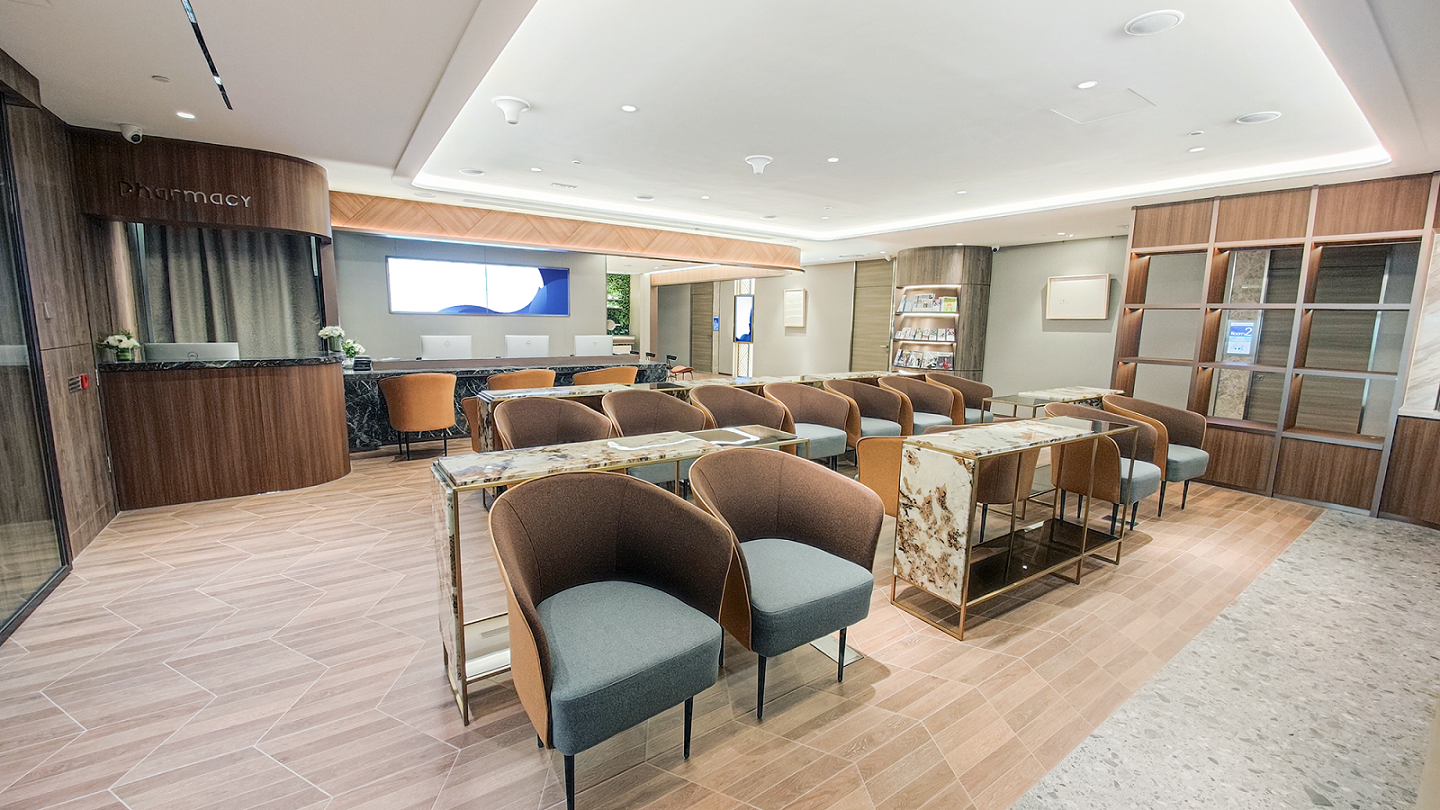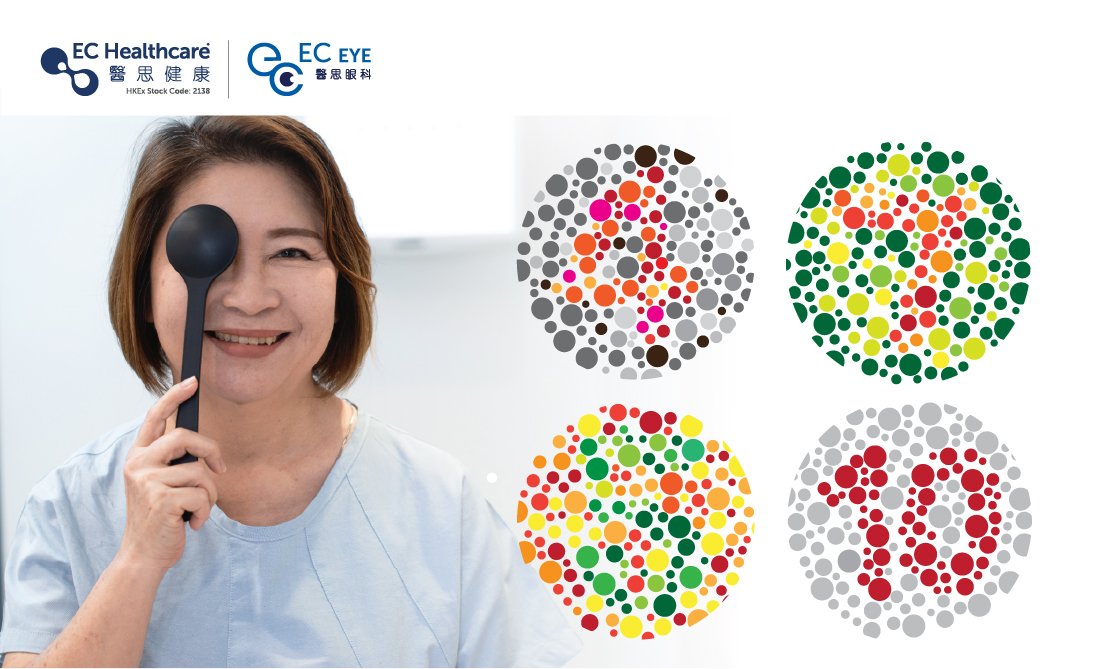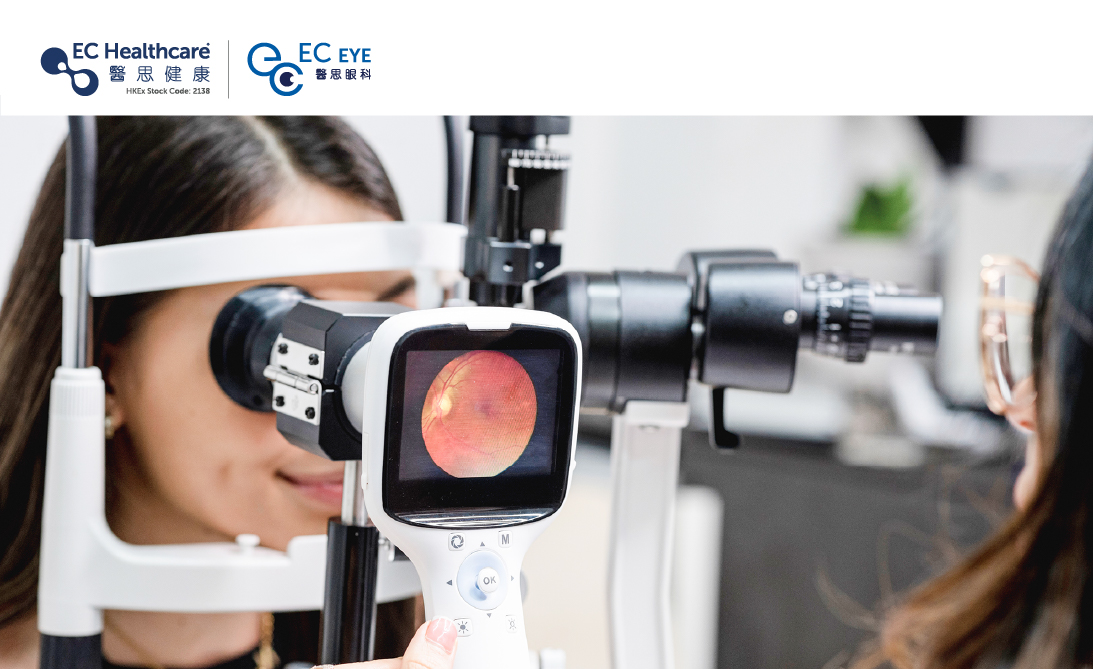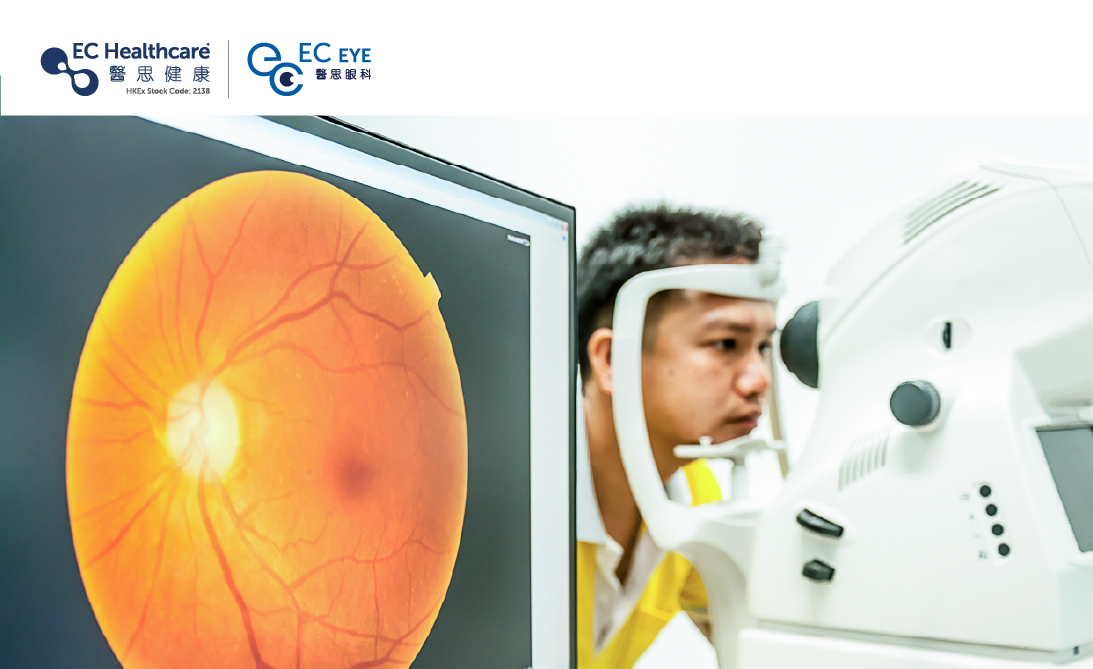Is Headache Related to Glaucoma?
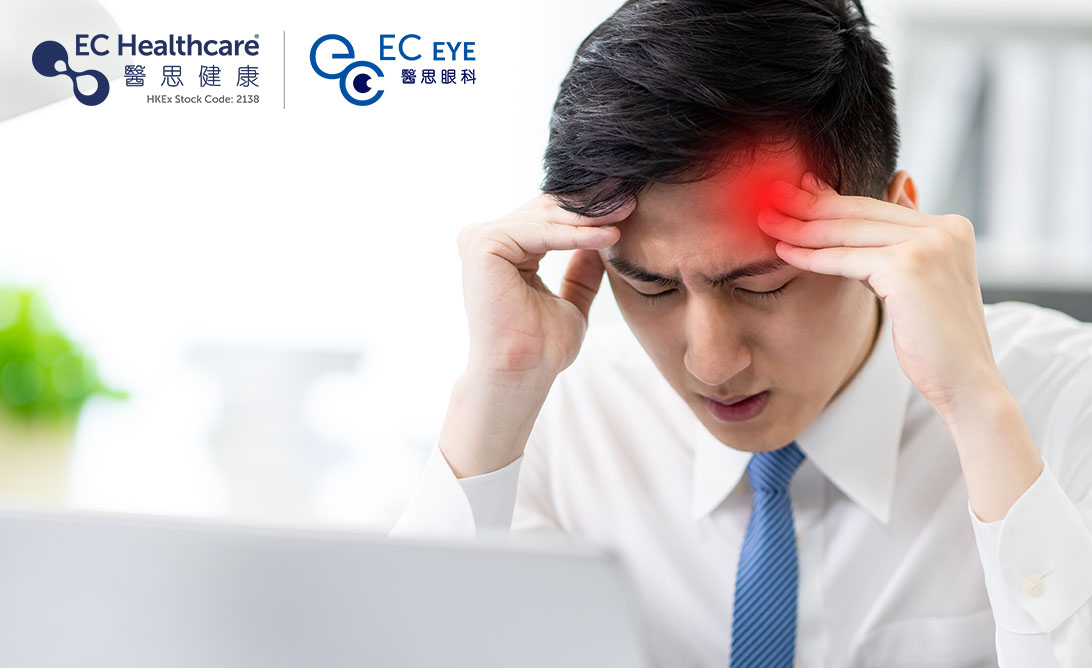

Headaches are caused by various reasons. Many people think that headaches are related to problems with the head, in fact, they can also be triggered by eye problems. These headaches are generally called “vision-induced headaches”. Common causes are the overuse of eyes when we use computers or smartphones for 10 hours and more, wearing glasses with the wrong prescription, and acute glaucoma.
Why will glaucoma cause headaches?
Glaucoma can be acute and chronic, while headaches are mostly caused by acute glaucoma. In this case, the drainage angle of the anterior chamber becomes obstructed in a short time, leading to the rapid increase of intraocular pressure and often corneal oedema. This triggers an intense headache, which is often mistaken as migraine and left untreated.
When acute glaucoma develops and the intraocular pressure rises to 30-40 mmHg or even more (the normal range is 10-21 mmHg), the patient will suffer from headaches and concurrent eye pain, and even symptoms like blurred vision and vomiting. If the intraocular pressure is not lowered as soon as possible, it may inflict damage to the optic nerve and can lead to complete vision loss within one day.
Differences between glaucoma-induced headache and general headaches
The difference between the two is that glaucoma-induced headache occurs around the eyes and will worsen when you press the eyeballs. Sometimes the pain may spread to other body parts, and cannot be relieved by painkillers for headaches.
If the condition continues to aggravate, the patient will experience the loss of peripheral vision, making it hard to see things around. Blind spots will also develop, severely interfering with the patient’s eyesight and affecting his/her physical and mental health.
How should I treat or prevent glaucoma?
When a patient is diagnosed with glaucoma, the doctor will prescribe eye drops to lower the intraocular pressure to the standard level to prevent the condition from worsening. After considering the severity of the condition, the doctor may also perform surgery or minimally invasive laser therapy to reduce intraocular pressure. For effective prevention, you are advised to receive comprehensive eye examinations starting from the age of 40 and perform further check-ups according to the doctor’s instructions. If you have a family history of glaucoma or have close relatives diagnosed with glaucoma, you should receive comprehensive eye examinations as early as the age of 30.
Related Brands
